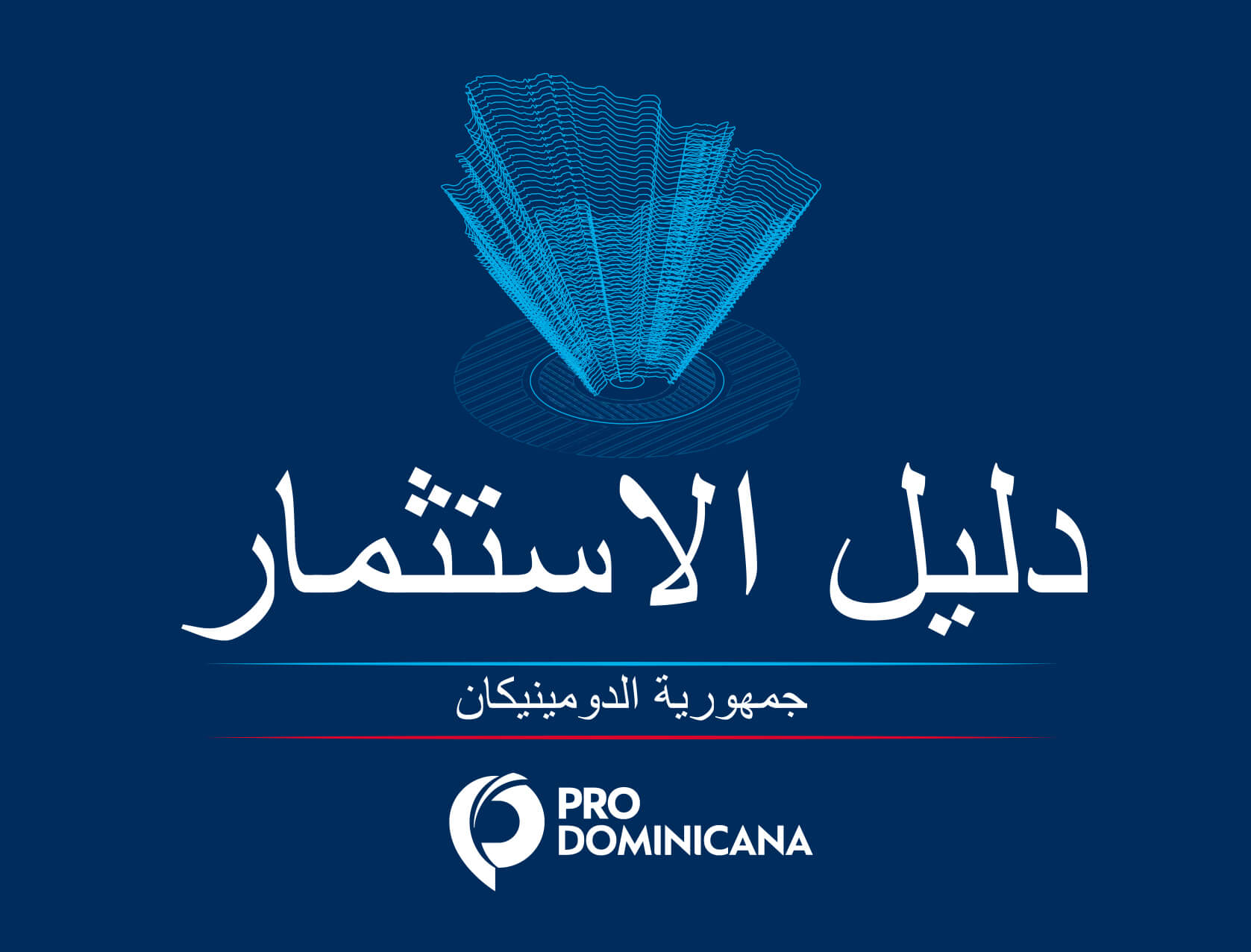In the Dominican Republic, the legal framework related to FDI is broad in scope. In addition to Law 16-95, on Foreign Investment, and its regulations (380-96), various regulations are added. The treatment of the investor is clear, with few restrictions to the location, local share ownership, or thresholds of sectors (hospitality, free zones, renewable energies, border areas, telecommunications, logistics and agricultural operators); The country has specific regulations on foreign participation, tariff, tax benefits and others.
The provisions on sector-type incentives are outlined below:


